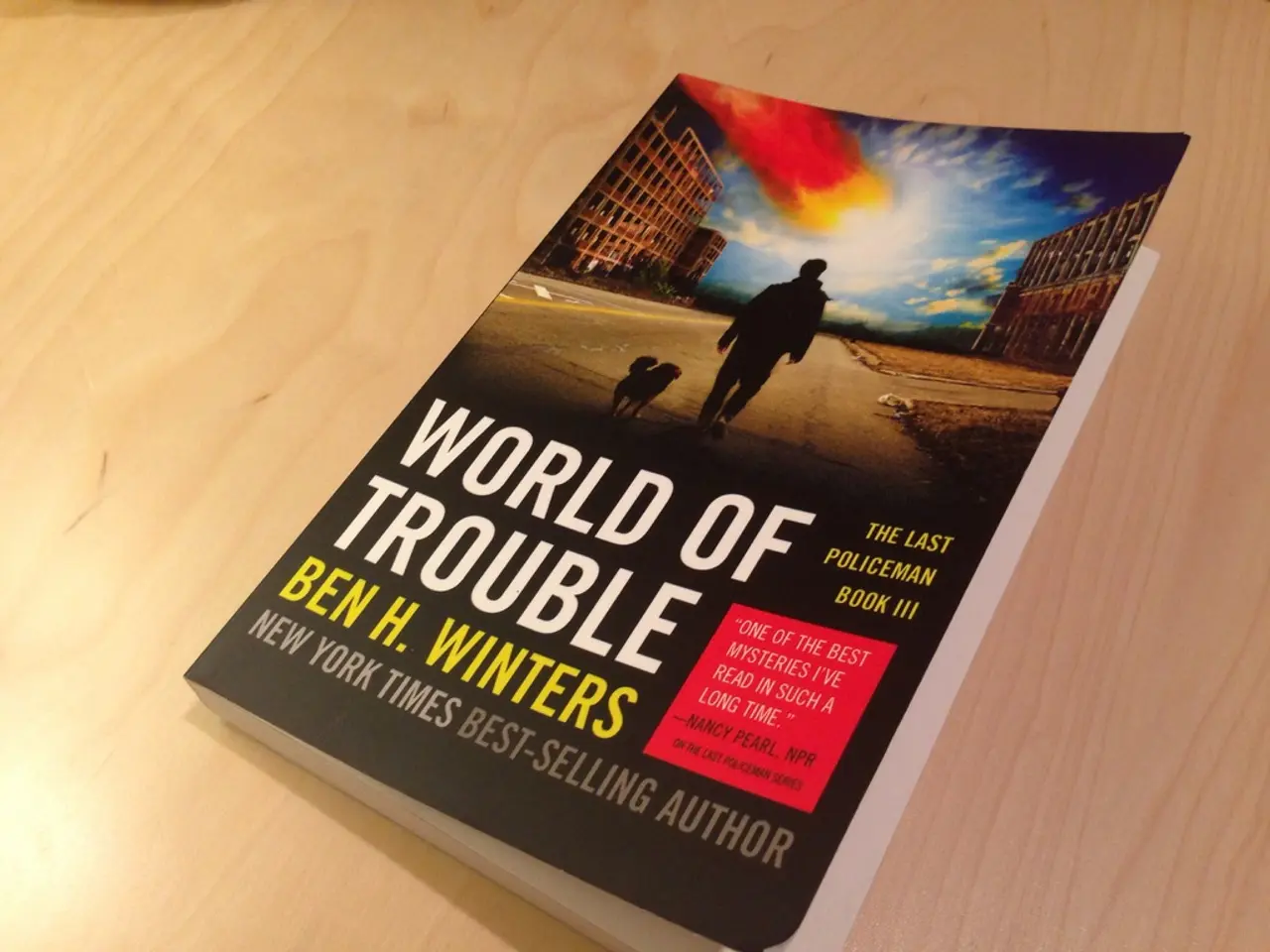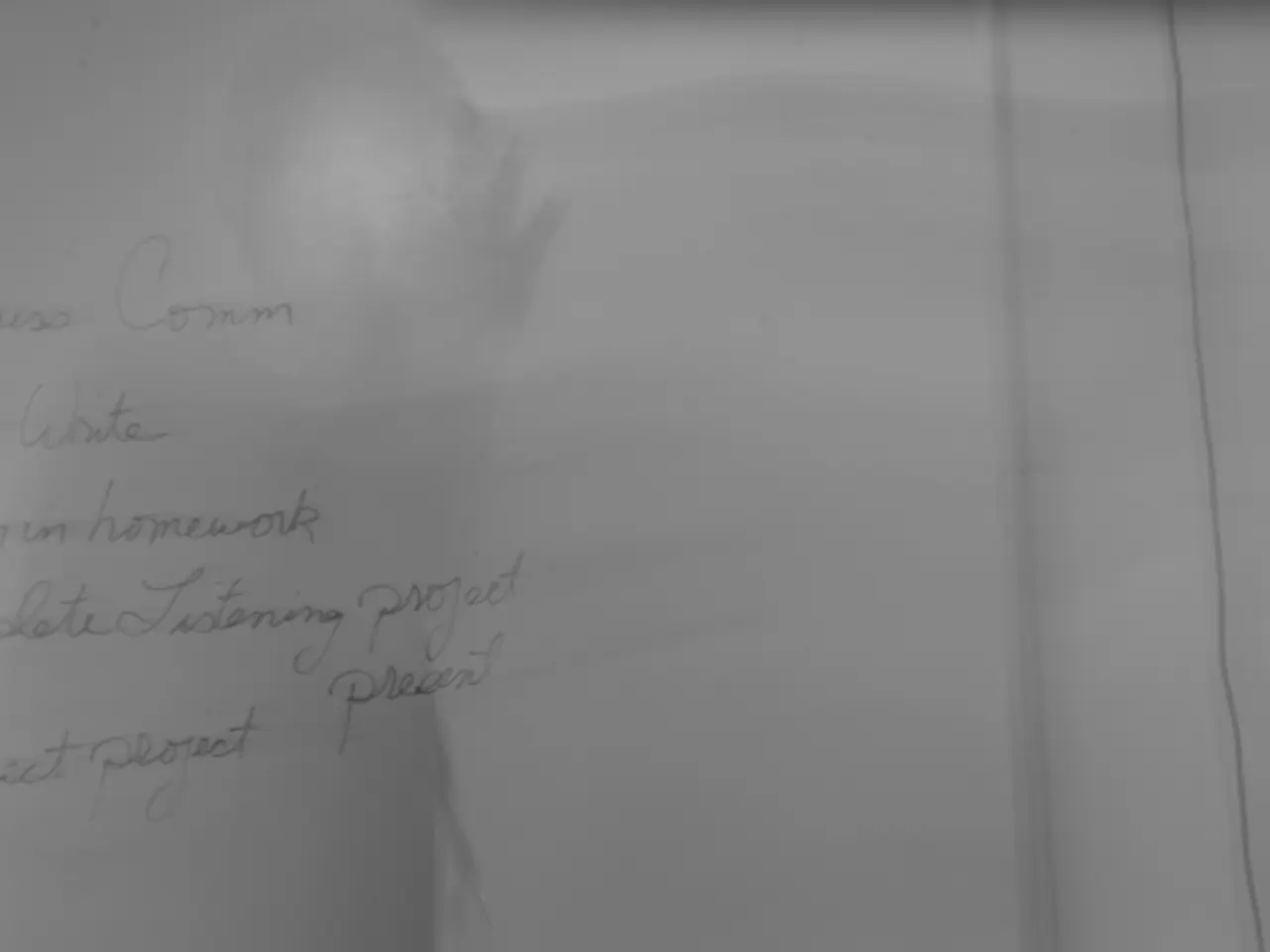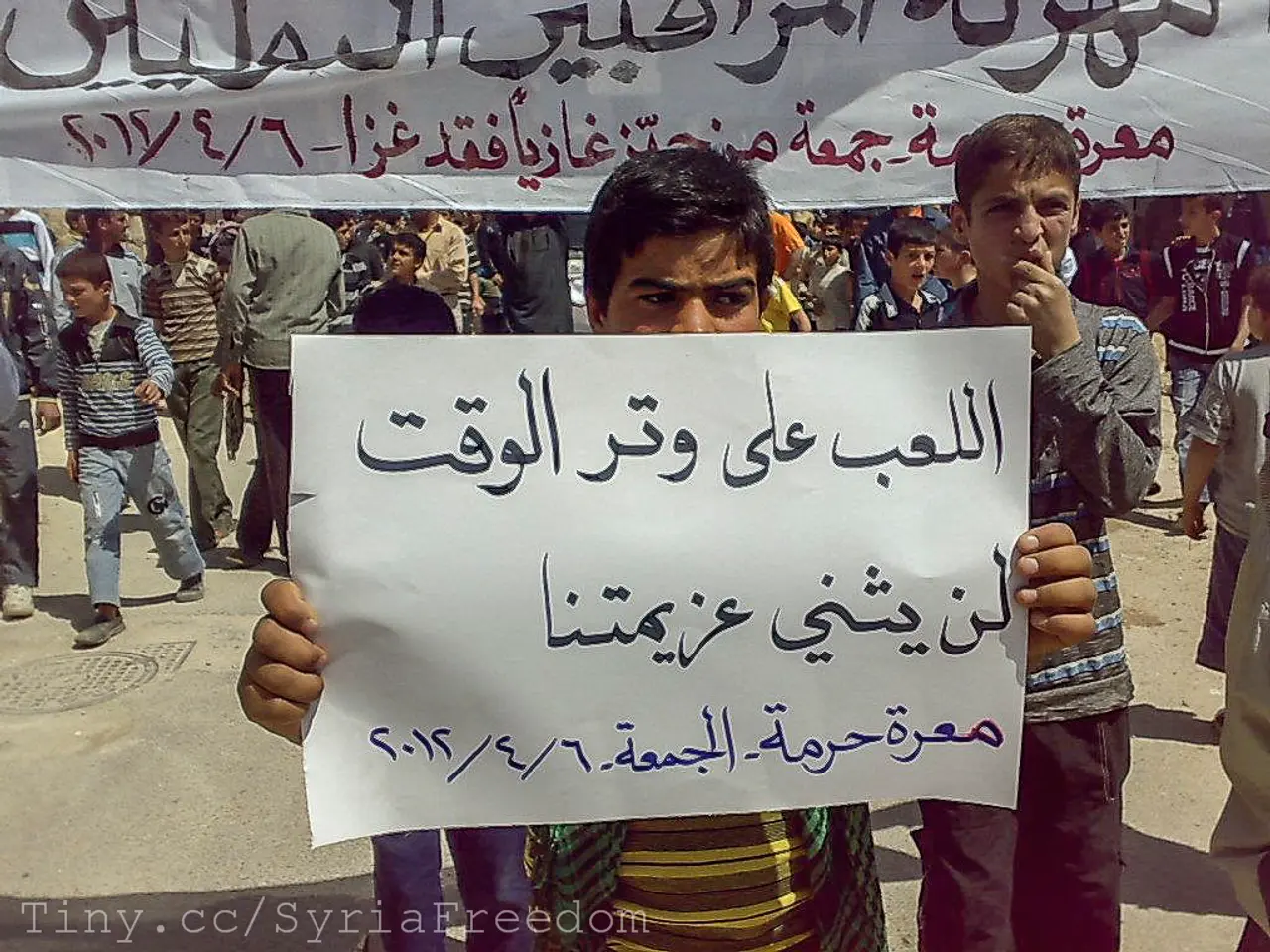Forcible deportation of males, possessing criminal backgrounds from Asia and Latin America, to South Sudan, following prolonged legal disputes in the U.S.
In a move that signifies a major political victory for the Trump administration, eight men convicted of serious crimes were deported to South Sudan last Friday. The deportation flight landed in South Sudan just before midnight EST, marking an unprecedented new frontier in President Trump's government-wide crackdown on illegal immigration.
The men, hailing from Cuba, Mexico, Laos, Myanmar, Sudan, and Vietnam, were transferred to Camp Lemonnier naval base in Djibouti prior to their departure. There, they faced challenging conditions, including concerns about malaria, rocket attacks, inadequate security protocols, and triple-digit outdoor temperatures.
The decision to deport the men to South Sudan has alarmed human rights advocates, who fear the men could face jail time, torture, or other harms in the country, which the U.S. State Department warns Americans against all travel to due to its dangerous conditions. A federal judge, Randolph Moss, expressed concern about the risks to the men's physical safety and the potential infliction of pain and suffering on them, despite their having served their sentences.
South Sudanese officials provided diplomatic assurances to the U.S. government that the deportees would not be subjected to torture and would be offered temporary immigration status upon deportation. However, the exact treatment of the deportees remains unclear, as the U.S. Justice Department attorney could not confirm whether they would be detained upon arrival.
The high-profile legal battle over the fate of the men culminated when two federal judges denied a last-ditch attempt to halt the deportations. Judge Moss later denied the advocates' request to intervene, stating that the Supreme Court orders were "binding." The Supreme Court had clarified the scope of an earlier order, allowing the Trump administration to proceed with the deportation of the eight men, despite the need for procedural safeguards for removals to third countries like South Sudan.
Trina Realmuto, an attorney for the National Immigration Litigation Alliance, argued that the deportations were punitive and unconstitutional. Despite the assurances from South Sudanese officials, the situation remains controversial and uncertain, with legal and human rights groups expressing ongoing concerns about the welfare of the deportees.
Camilo Montoya-Galvez, the immigration reporter at our News, is based in Washington and covers immigration policy and politics.
- The controversial decision to deport eight men, convicted of serious crimes, to South Sudan has raised concerns among human rights advocates and general-news outlets, as the men may face jail time, torture, or other harms in South Sudan.
- The Trump administration's crackdown on illegal immigration, particularly evident in the deportation of these eight men, has become a talking point in both politics and crime-and-justice circles.
- Despite South Sudanese officials providing diplomatic assurances that the deportees will not be subjected to torture, their exact treatment upon arrival remains unclear, raising questions about potential infringements of law and the Constitution.
- The legal battle over the deportations, argued to be punitive and unconstitutional by some, has garnered attention in the business and law sections of news outlets, with the Supreme Court playing a key role in determining the fate of these eight men.






